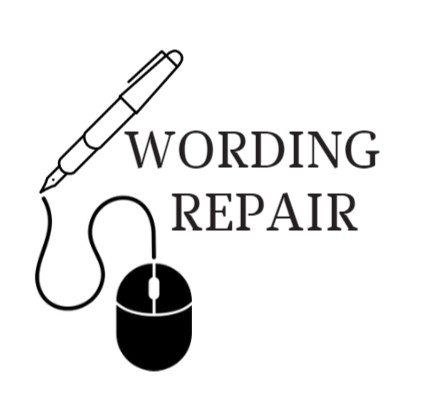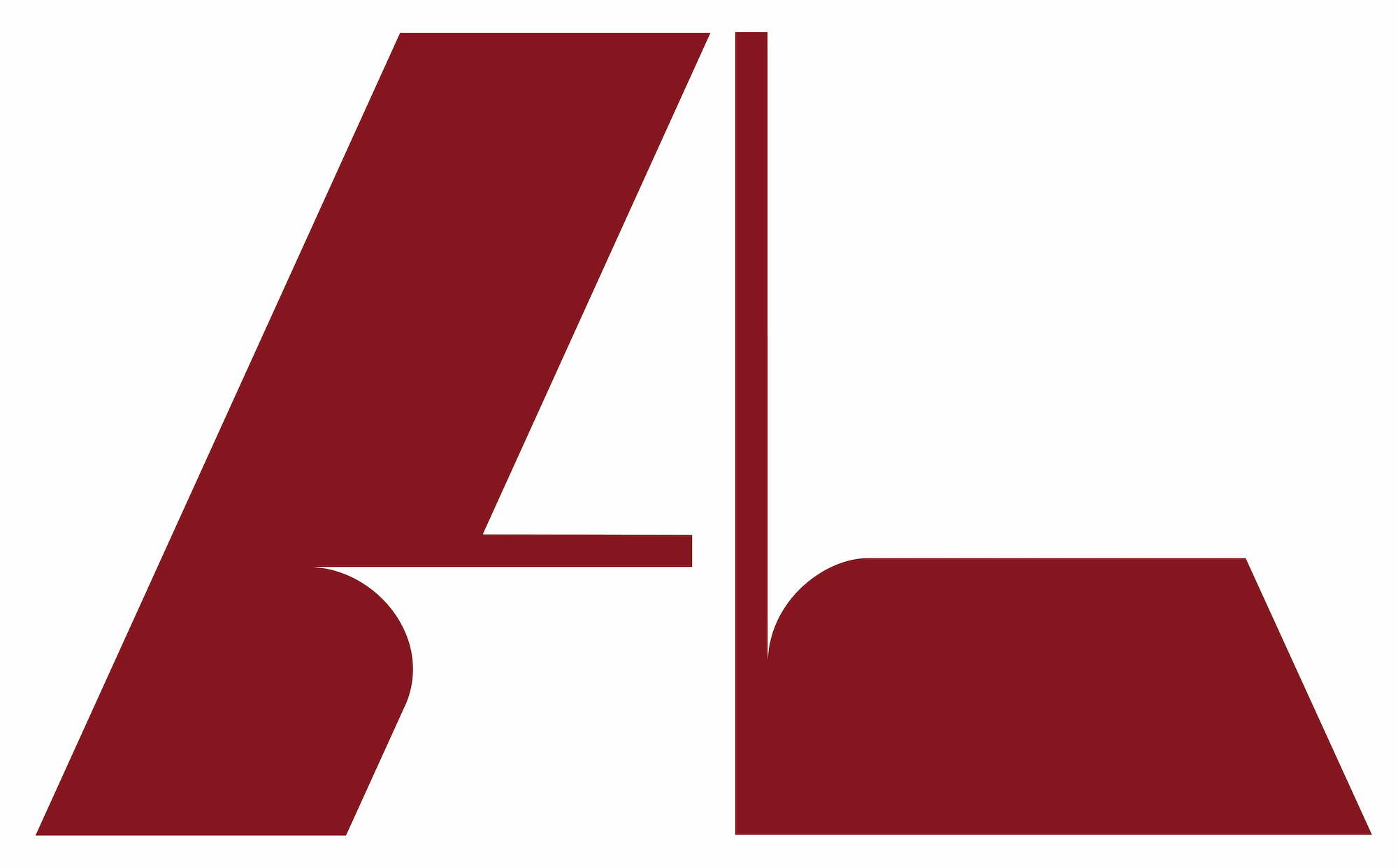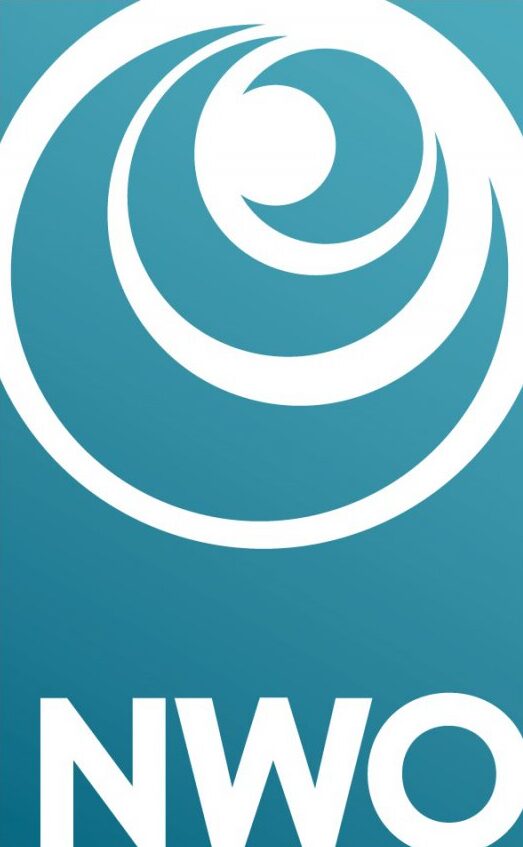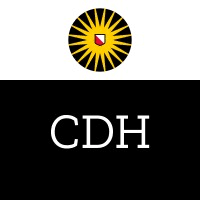Home
Wording Repair
Digitally Unveiling the History of Reparative Justice in the Words of a Forgotten Diary
 The Wording Repair project investigates the history of reparation in the aftermath of mass human rights abuse, by employing digital tools.
The Wording Repair project investigates the history of reparation in the aftermath of mass human rights abuse, by employing digital tools.
At the core of the analysis are the diaries of German jurist Otto Küster (1907-1989), who dedicated much of his professional life to the quest for reparations for Holocaust survivors.
A German jurist born in Stuttgart, Otto Küster witnessed and took part in the definition and implementation of reparation measures. He did so while taking notes, on an almost daily basis, which have never been made available to researchers until now.
The Wording Repair project uses AI – namely, Handwritten Character Recognition (HCR) technology (Transkribus), to map what Otto Küster wrote about the momentous changes in regional, domestic, and international law on reparations, restitution, and indemnification measures that took place throughout his lifetime. By doing so, the project pays attention to how reparations were defined, and redefined, over the course of the twentieth century – and it will do so from the unique vantage point of a practitioner at the forefront of efforts to negotiate and argue for reparations in the wake of mass human rights violations and genocide.
Wording Repair aims to provide bottom-up insights to contribute to shaping the emerging field of historical reparations studies and is composed of three key activities:

The WORDING REPAIR Project has received funding from the Dutch Research Council (NWO) under the NWO-SSH-XS Open Competition scheme (project no. 406.XS.03.048). The project also won a Transkribus scholarship and it is supported by the Alfred Landecker Foundation in the context of an Alfred Landecker Lecturer Programme Grant awarded to dr. Lorena De Vita. It is housed at Utrecht University’s Department of History and Art History, in the History of International Relations Section, and is conducted in partnership with the Utrecht University Centre for Digital Humanities.







